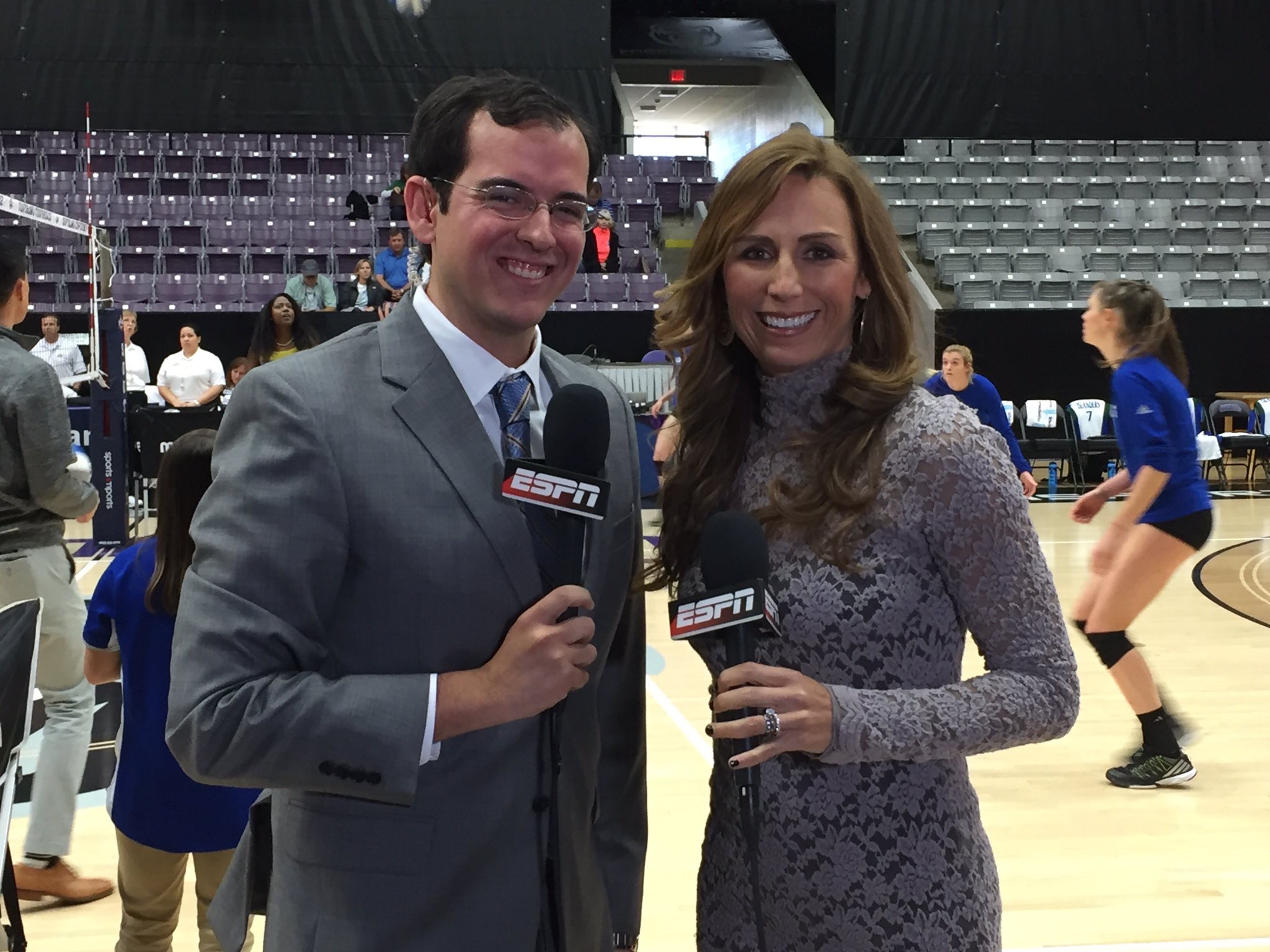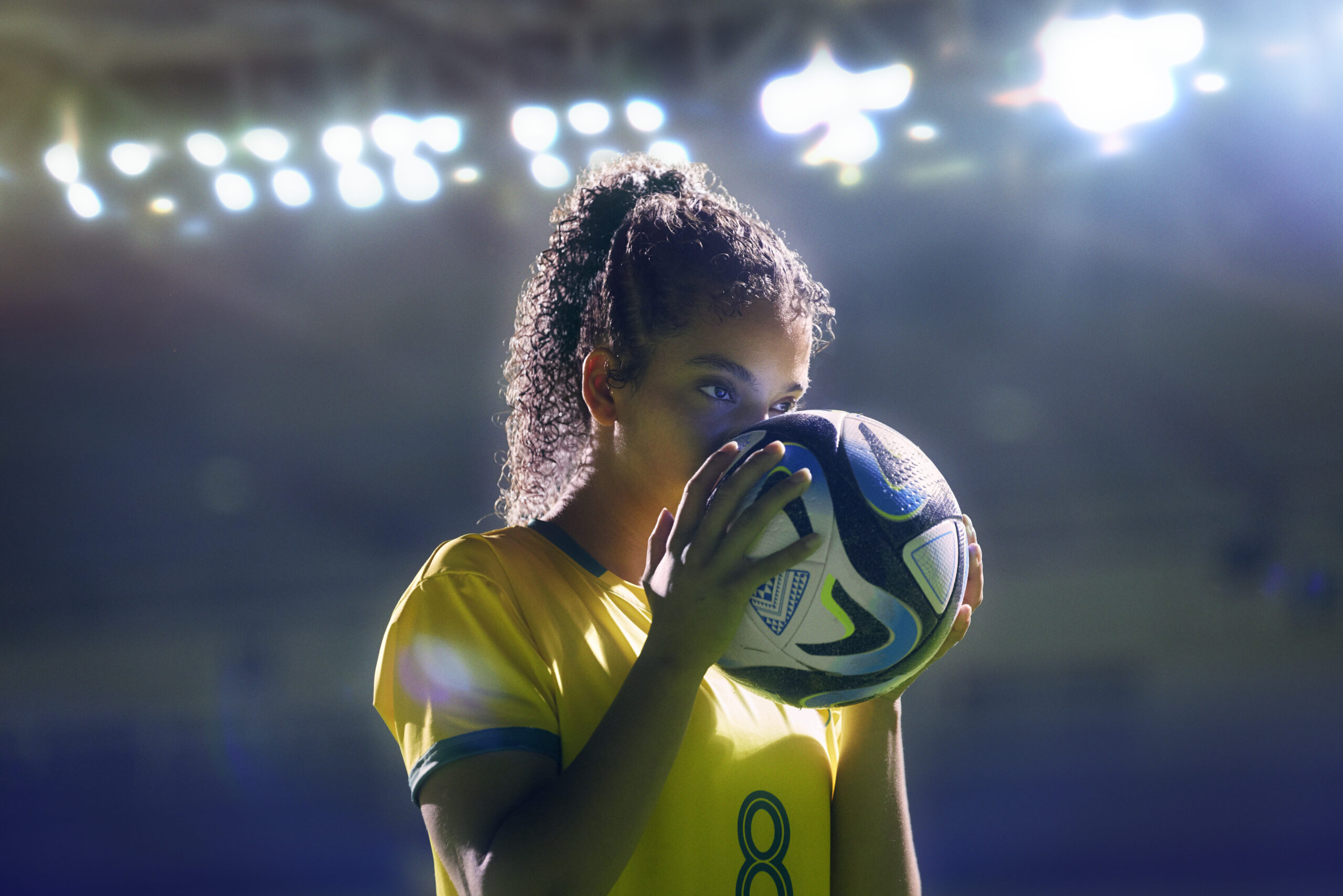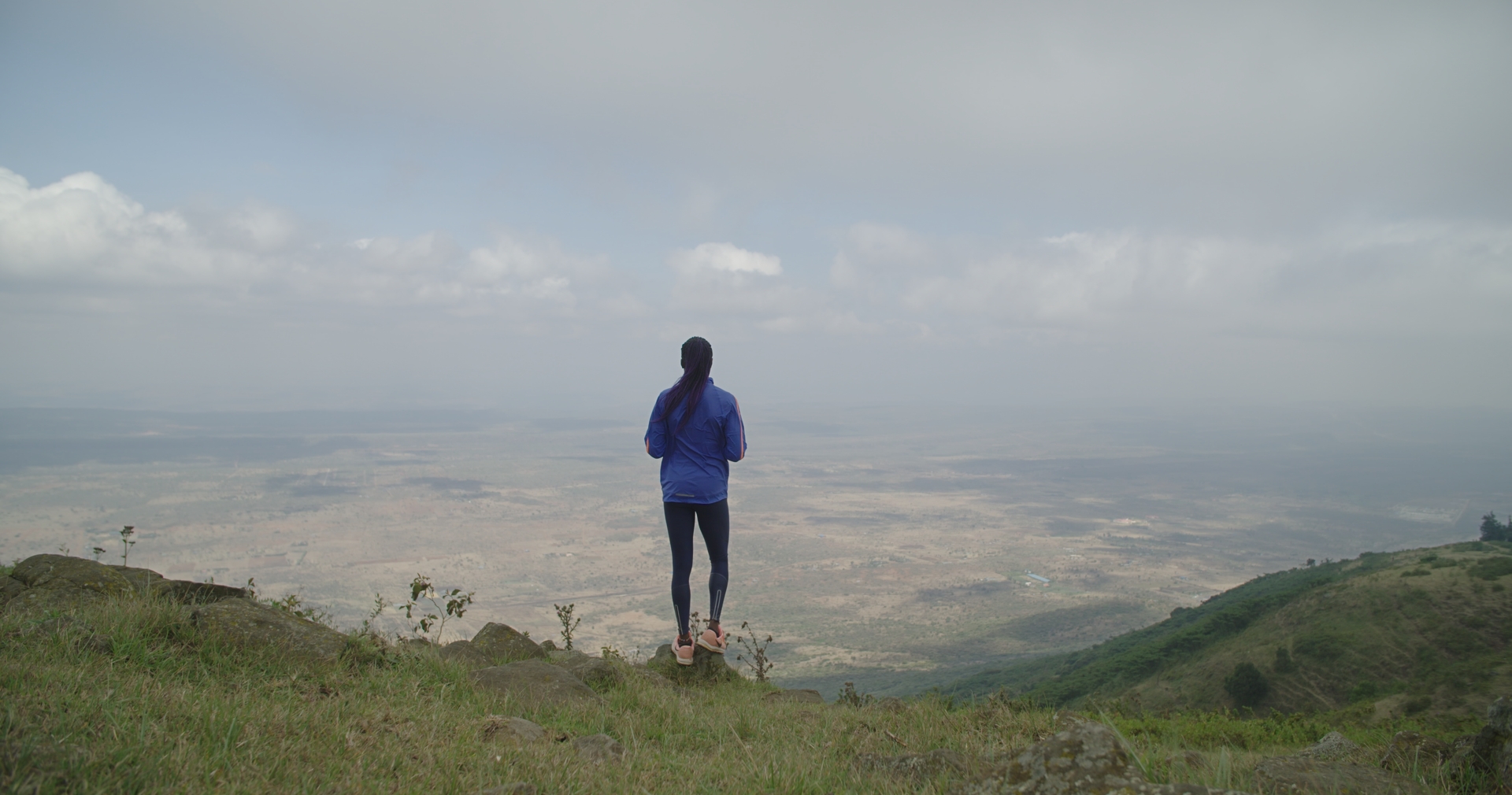
The Rio Olympics brought us two weeks of badass athletic achievements, especially among women who set records, broke them, and made history. And yes, it also exposed just how hideously archaic and misogynistic the sports broadcasting industry is and why the athletic culture needs an attitude adjustment when talking about female athletes.
While we will have to wait another 4 years to see if there will be any improvement, for the athletes who came, saw, and conquered, their legacies are already being felt in a number of ways. There were quite a few countries who had female athletes representing them for the first time, as well as women who broke medal droughts for their nations.
One of those amazing women was Indian wrestler Sakshi Malik, who became the first female wrestler to win a medal for her country. The 23 year-old won the bronze medal in the 58 kg category, and only the fourth female Olympic medalist from the country. She has also previously won medals at the 2014 Commonwealth Games (silver) and the 2015 Asian Wrestling Championships (bronze).
She returned to her home town of Rohtak, in the state of Haryana, as a sporting hero, but it wasn’t always an easy journey to Olympic fame. Sakshi now wants her achievements to inspire other young girls to get into sport and not be afraid of social and cultural taboos.
A recent Al Jazeera profile about the athlete says Haryana is known for its high levels of female foeticide, the sad phenomenon where a female fetus is aborted outside of legal channels due to cultural stigma that places less value on the life of a girl, as opposed to a boy. This is an horrific human rights and reproductive rights abuse, where pregnant women can become victims of a deeply patriarchal culture which has resulted in India becoming a hotbed for this kind of crime.

With the emergence of a hometown hero like Sakshi Malik, there is hope for change in the way the conservative Indian culture views women. The Haryana state government has even made her the face of its local ‘Beti Bachao, Beti Padhao’ (save daughter, education daughter) campaign, an initiative spearheaded by Prime Minister Narendra Modi at a national level in an attempt to bring revolution to the misogynistic traditions throughout India that lead to high levels of gender violence.
While it was a struggle to get where she is today, Sakshi was already part of a sporting family legacy, with her grandfather Badlu Ram who was also a wrestler.
“I had never anticipated such an overwhelming response to my victory, considering the hostile attitude they had towards me in all my training years as a woman wrestler,” she said.
It also helped that Haryana has become a place where a number of female wrestlers have originated, thanks to one man who dared defy the social norms. Ishwar Singh Dahiya is a now-retired coach who taught at Chotu Ram Stadium Wrestling Academy in Rohtak, an all-boys club until 2002.
That year, a female athlete named Kavita convinced Ishwar to train her. He agreed, and she went on to become the first woman to represent India that same year at a tournament in Turkey. Since then, Ishwar helped train over 30 women, including Sakshi who started training at the age of 12 , who have represented India internationally in wrestling.

Ishwar would train any boy, no matter his caste, class or religious background, according to Al Jazeera, so when it came to training the women, he used that same mindset.
“I applied the same principle when it came to girls – zero discrimination…Fellow coaches said I was promoting immorality … but the girls and I paid no heed” he said.
Because of the success of Sakshi Malik and other women, boys and girls travel from all over the country to train in Haryana. Sakshi’s current coach, Mandeep, is well-known by local girls and aspiring athletes who follow him around, hoping to get a glimpse of the Olympic athlete.
“Students come from far-off towns to train. They often have to rent houses to stay. Having more sports hostels would encourage more parents to send their girls,” he told Al Jazeera of the infrastructure needed to encourage the next generation of female athletes especially.
Part of the pushback toward women entering sports, especially where Sakshi grew up, comes from local village council elders who often made the social rules for its inhabitants. They are known to prohibit cell phone use among women, regulate dress code (also among women) and even encourage honor killings.

But Sakshi was lucky enough to have a family who encouraged her athletic ambitions despite the taboos. Her father is a bus driver, and her mother is a supervisor with the Women and Child Development Ministry, who did not let social pressure stop her from supporting her daughter. The family also had money from farmland they owed which made it possible for Sakshi to compete.
There was video of Sakshi’s family, including her mother, celebrating wildly after watching her win, which is a beautiful moment to see.
“The people sitting outside congratulating Sakshi are the same lot who questioned me for supporting her ambition. There were slants at my character each time they would see me interacting with a male office bearer in the sports stadium, wrestling federation or even while coach-hunting for her. They cursed my motherhood,” she said.
Sakshi’s father defended her when insults were thrown her way about her “hyper-masculine” body, and he did not allow taunts from those claiming she would never be married change his mind. Fun fact, Sakshi just recently got engaged to her boyfriend fellow wrestler, Satyawart Kadian.
Ever since her Olympic win, even some of the Khap council members (who regulate women’s lives in villages and towns) agreed that more women should be allowed to wrestle after realizing what an accomplishment it was.

Al Jazeera got to witness Sakshi being honored by her former school, an all-women’s college, Maharani Kishori Jat Kanya Mahavidyalya, with 600 girls excitedly chanting her name. In her speech, Sakshi gave some encouraging and inspiring words to her captive audience.
“If I can do it, so can you girls. I also urge the government to add the words ‘Let Daughters Play’ to their campaign ‘Save Daughters, Educate Daughters’,” she said.
The school principal spoke at the event also, explaining just how tough it is to encourage girls to live outside cultural norms, even today.
“I often get suicide threats from the brothers of the girls who I admit into the college. They say that they prefer death over the dishonor brought by their sister’s education. I always urge them to go ahead. After Sakshi’s victory, I am assured that my advice to the brothers is 100% correct,” she said, to rapturous applause.
The culture of seeing women as somewhat of a threat to society if they don’t conform to norms is something that affects even the most well-known athletes. Not too long ago, world champion Indian tennis player Sania Mirza was asked a sexist question during an interview to promote her new book. The journalist asked her when she was going to “settle down”, implying that her phenomenal athletic achievements are not as important as getting married and having children.

“You sound disappointed that I’m not choosing motherhood over being number one in the world at this point of time. But I’ll answer your question anyway, that’s the question I face all the time as a woman, that all women have to face — the first is marriage and then it’s motherhood. Unfortunately, that’s when we’re settled, and no matter how many Wimbledons we win or number ones in the world we become, we don’t become settled,” Sania answered.
To his credit, the interviewer profusely apologized and recognized his mistake immediately, and Sania thanked him.
“[I hope my achievements set a precedent that] no girl is asked at the age of 29 as to when she is going to have a child when she’s number one in the world,” added Sania at the end.
Similar to Sania, Sakshi Malik is showing her community and those who are not used to seeing women step outside the norms that choosing a different path in life can lead to amazing things. We have no doubt she is going to impact many young women in a positive way.

















One thought on “Indian Olympic Medallist Becomes A Role Model For Other Girls Who Want To Get Into Sports”